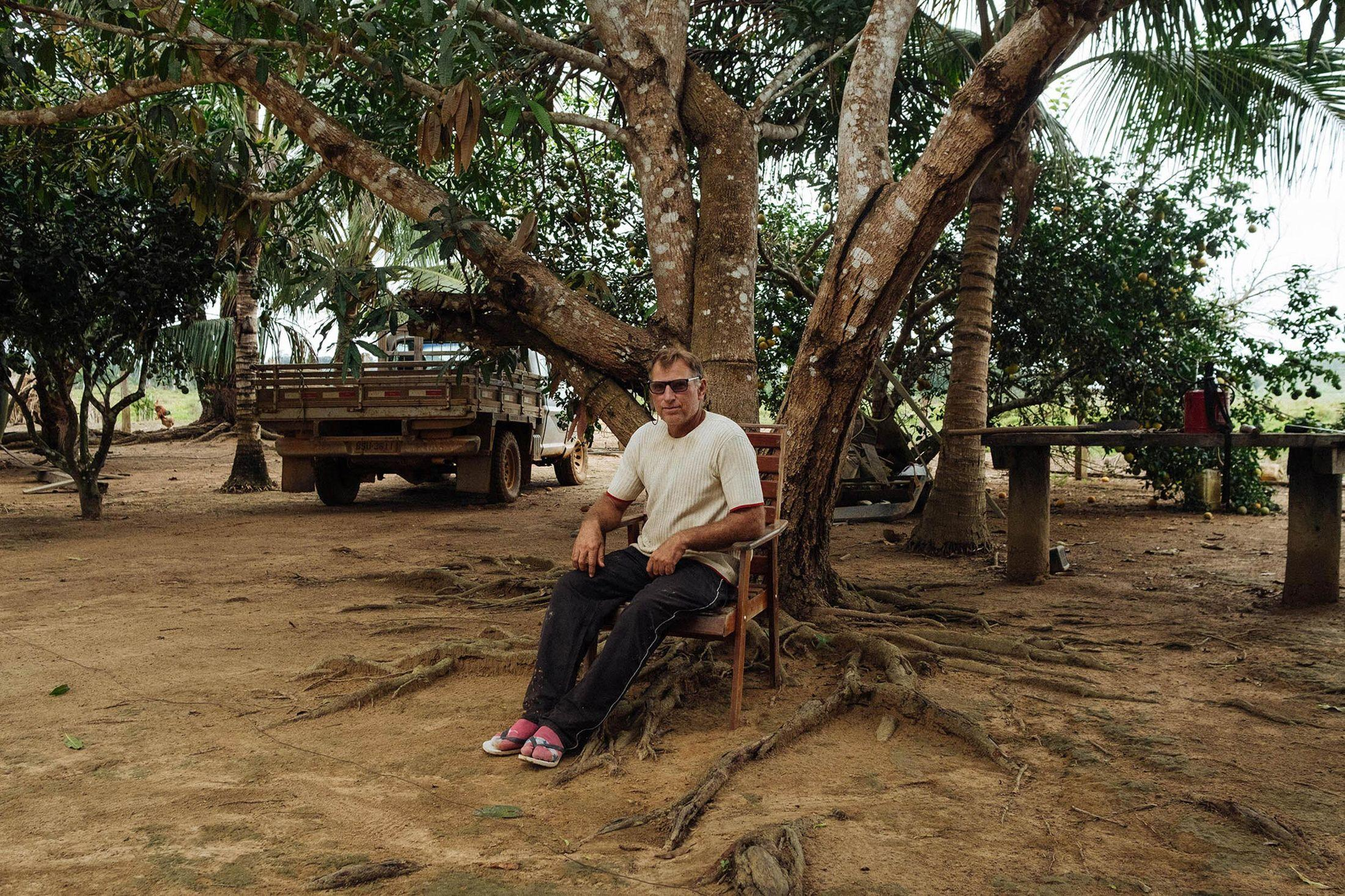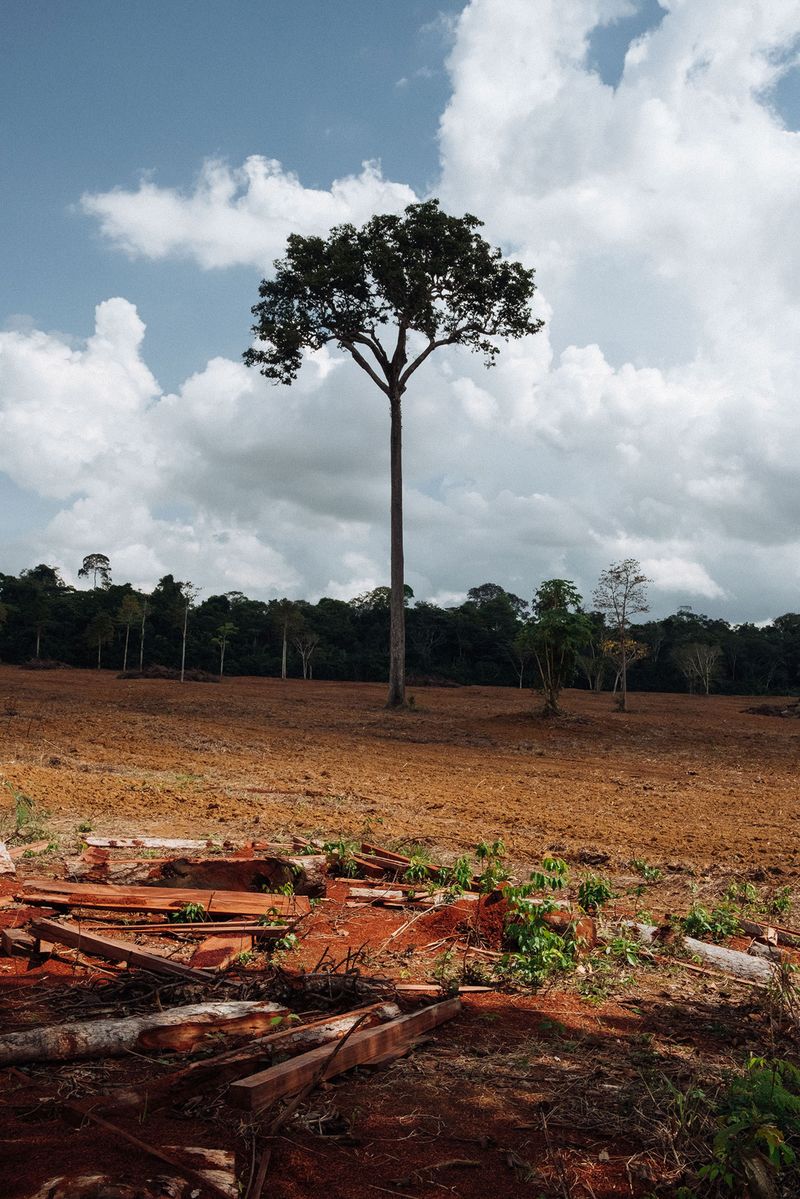
A highlight on the Pulitzer Center schedule is the monthly virtual meeting with the 13 journalists representing 10 countries who make up this year’s cohort of Fellows in the Rainforest Investigations Network. The network gives the Fellows the opportunity to work full time, and collaboratively, on exposing the tangle of corporate, criminal, government, and consumer forces behind the massive, rapid destruction of the world’s rainforests.
At the July 29 meeting we got firsthand accounts of two dramatic RIN stories just out. Fellow Karol Ilagan reported on the stifling of key land reform legislation by a top senator in the Philippine congress—who just happens to be married to the country’s biggest landowner, who, according to Forbes, is the richest man in the Philippines. Fellow Jessica Brice shared the months of data mining and field reporting in the Brazilian Amazon rainforest that led to the 6,500-word story she and Michael Smith wrote for Bloomberg Businessweek. It’s one of the most revealing, deeply reported accounts I’ve read on how supposedly protected land gets devoured by industrial-scale agriculture. Corporate greed, consumer demand, and government complicity are big parts of the story, Brice notes, but so too is an economic necessity, in a country where nearly a third of the people live in poverty, and almost that many in the rainforest regions are illiterate.
Grantee Patrick McDonnell, who’s reporting for the Los Angeles Times from Peru and Colombia in a non-RIN project, says the pandemic has made those economic pressures infinitely worse, with some of the worst rates of COVID fatalities in the world and the collapse of economies across the region. As in the U.S. and globally, those worst hit include Indigenous peoples and other historically marginalized communities.
McDonnell’s reporting is part of The World They Inherit, a year-long series exploring the challenges the young face in a post-pandemic world. The series asks: Can the young change a planet often stacked against them? Here’s to hoping the answer is yes.

Impact
A record three Pulitzer Center-supported projects have received nominations for the 42nd Annual News and Documentary Emmy Awards. In the Outstanding Continuing Coverage of a News Story in a Newscast category, the PBS NewsHour series Inside Venezuela was nominated for its coverage of the aftermath of the power struggle that erupted after the country’s 2019 presidential crisis. NewsHour also received a nomination in the same category for "Desperate Journey," part of the project that was recently awarded a Pulitzer Prize in Feature Writing for documenting the journey of extra-continental migrants through the treacherous Darien Gap. The third nomination, in the Outstanding Continuing Coverage of a News Story in a Newsmagazine category, went to PBS' FRONTLINE for Undocumented in the Pandemic, which looks at the COVID-19 experiences of those without a government or social safety net due to their immigration status.
This message first appeared in the August 3, 2021, edition of the Pulitzer Center weekly newsletter. Subscribe today.












